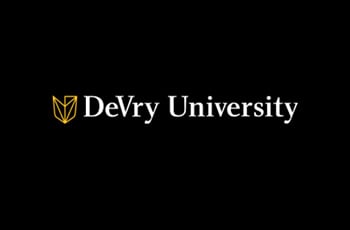When the generative AI program ChatGPT was introduced, it was seen as a disruptive force. Within weeks of the launch, educators grew more and more concerned over the technology’s potential to be used as a cheating tool. On the flip side, educators were discovering there were far more positive ways that AI could be leveraged for education.
In this article, we will explore the positive role of AI in higher education and explore if emerging technologies like ChatGPT and other generative AI applications have the potential to be a game-changer in higher education like it has been in the workplace.









